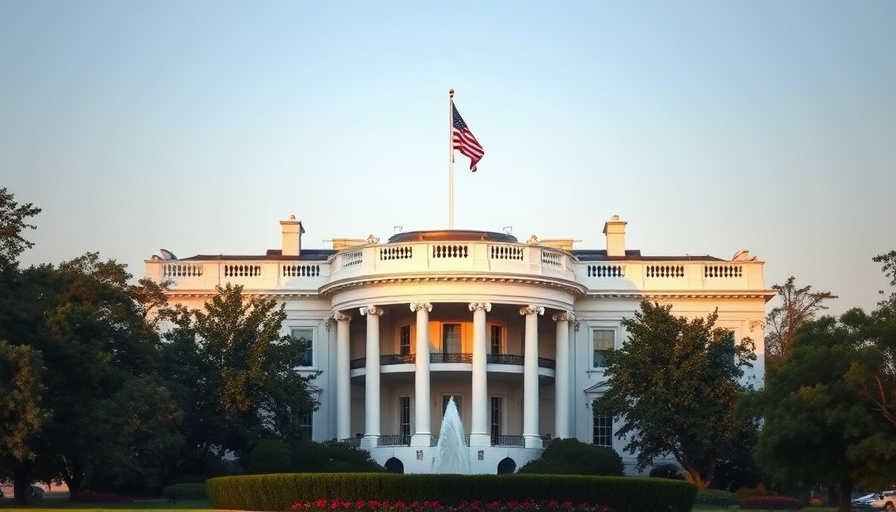
Unexpected Shakeup at the National Security Council
The National Security Council (NSC) has become a focal point of controversy in recent days as more than 100 staffers were placed on administrative leave, prompting questions about the future of U.S. foreign policy decision-making under the Trump administration.
The changes are viewed as part of a broader restructuring effort initiated by newly appointed interim national security adviser Marco Rubio. An email circulated by NSC chief of staff Brian McCormack informed affected personnel that they had only 30 minutes to evacuate their desks, sparking outrage amongst many who described the timing and execution of the dismissal as “unprofessional and reckless.”
The NSC’s Diminishing Role
Historically, the NSC has played a critical role in shaping U.S. foreign policy and strategic operations. However, under Trump, the council's influence has diminished significantly, shifting towards a more top-down model dominated by political appointees. This latest restructuring raises fears that the NSC's already-restricted role will be further minimized, impacting the way the U.S. engages in global diplomacy and international relations.
What Does This Mean for Global Policy?
The implications of this NSC overhaul are profound for U.S. allies and adversaries alike. International relations experts express concern that diminishing the NSC’s breadth could lead to less comprehensive and informed foreign policy decisions. With career officials and political hires being sidelined, the council’s ability to provide nuanced and strategic advice may be hampered, resulting in potential miscalculations on significant issues, from arms control to trade agreements.
Historical Context: Previous Administrations’ Structures
Looking back at previous administrations, it's clear that the underpinning wisdom of the NSC came from balancing political appointments with career diplomats and experts. The transition that Trump initiated has thus far favored a political-heavy approach, which is considerably different from the more collaborative methodologies embraced in past administrations. Analyzing these historical shifts can provide valuable lessons on maintaining a balanced foreign policy framework.
Counterarguments: Politics Versus Expertise
Supporters of the Trump administration may argue that moving away from established norms and prioritizing political loyalty over expert advice can create a more agile and responsive national security apparatus. However, critics counter that this tactic undermines the depth and quality of strategic thinking essential for addressing multidimensional threats in an increasingly complex global landscape. The debate reveals a broader tension in U.S. governance: balancing political objectives with the obligation to safeguard national interests effectively.
Opportunities for Change
Despite the chaos, there may be opportunities for reform as well. New appointments may evoke fresh ideas and approaches that challenge the status quo. Long-term observers of the NSC's evolution suggest that with the right motivation, a team assembled under Rubio could potentially reinvigorate the council’s approach to foreign diplomacy.
Wrap-Up: Understanding the Stakes
The recent staff shakeup at the NSC exemplifies the growing tension between expertise and political loyalty in shaping U.S. foreign policy. As staffing changes unfold, the need for conscientious oversight and strategic input remains crucial for the nation’s global standing and security. For constituents, understanding this landscape is essential as decisions at the highest levels impact not just national policy, but the work lives of those who serve their country diligently.
If you’re interested in how these changes could affect citizenship and government engagement in Atlanta, or more broadly, consider keeping an eye on local discussions around national security and its implications on local policies and governance.
 Add Row
Add Row  Add
Add 




 Add Row
Add Row  Add
Add 

Write A Comment